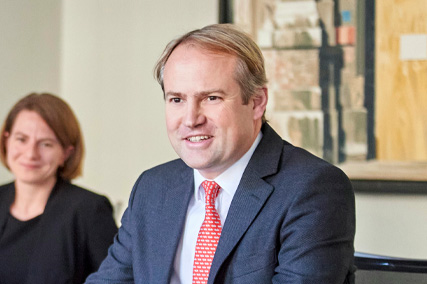The claim concerned the legality of planning permission for an expansion of Southampton Airport on a number of grounds, namely:
i. That the Council has breached a legitimate expectation that the planning permission would not be issued until the Secretary of State had decided whether or not to call in the application;
ii. The Council failed to consider the cumulative effect of greenhouse gas emissions in combination with other projects in breach of the EIA Regulations;
iii. The Council had misinterpreted paragraph 11(d) of the National Planning Policy Framework (“NPPF”) in that it applied the “tilted balance” in favour of the grant of permission without first having made the necessarily prior finding that the “most important policies for determining the application” were out of date; and
iv. The Council unlawfully took into account an immaterial consideration (that did not have proper evidential basis), namely that without the expansion the Airport would fail.
Regarding ground one, Holgate J reiterated the principle that the need for a clear, unequivocal promise in order for there to be a legitimate expectation. He held that the statements relied upon by the Claimant did not amount to such a promise.
Holgate J also determined that an undertaking by a local planning authority to delay a decision indefinitely until there was an indication from the Secretary of State about whether he would call in the decision would be inconsistent with the statutory framework and the local planning authority’s duty to determine planning applications and, therefore, not capable of giving rise to a legitimate expectation.
On the second ground, Holgate J found that the Council had not erred. The Council’s approach to the Government’s Beyond the Horizon: The Future of UK Aviation: Making Best Use of Existing Runways policy had been lawful and that the approach adopted in the environmental statement of contextualising GHG emissions by reference to national budgets and aviation forecasts was, again, lawful.
On ground three, Holgate J made clear that it was not for the courts to undertake a legalistic dissection of the officer’s report and best practice was instead to give space to the planning officers to determine which policies are or are not important. The officer is under no obligation to make this determination explicit where it is clear from the report that the determination process was undertaken.
Finally on the last ground, the claimant was not entitled to rely on the oral comments made by a minority of councillors in isolation in order to claim that airport closure was inappropriately taken into account. The general tenor of the debate had not been that the airport would close should permission be refused.
Mark Westmoreland Smith acted for Southampton International Airport Limited (the Interested Party), instructed by Pinsent Masons.




 Back to News
Back to News
